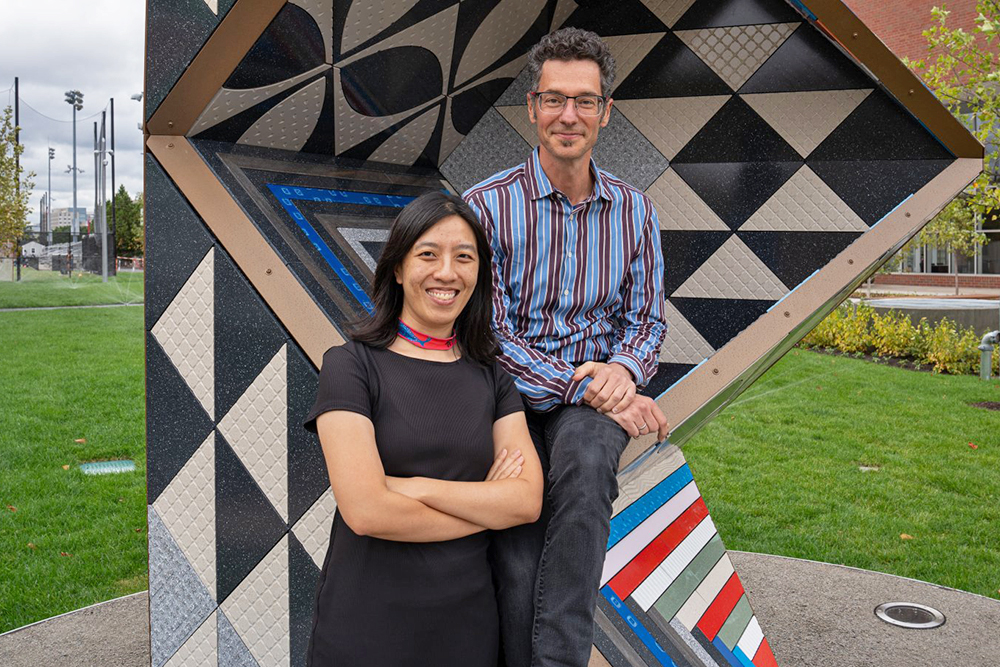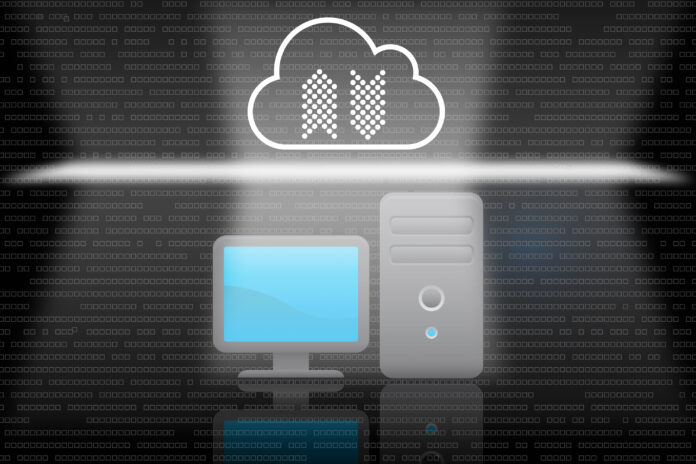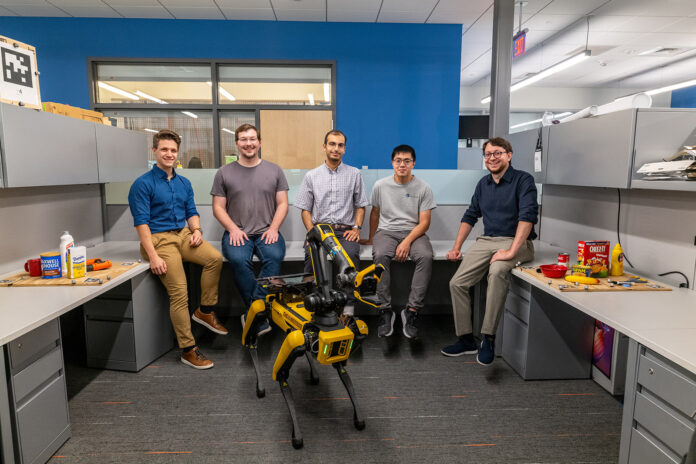In Short:
MIT is launching a new graduate program in music technology and computation, combining expertise from its music, engineering, and computing departments. This program includes a Master of Science, a Master of Applied Science, and a PhD, starting in 2025. It aims to explore the intersection of music and technology, preparing students for careers in academia and industry, while fostering innovative projects and human-computer collaboration in music.
The Massachusetts Institute of Technology (MIT) is set to launch a new multidisciplinary graduate program in music technology and computation, integrating faculty, labs, and curricula from various departments across the Institute.
This innovative program is a product of collaboration among the Music and Theater Arts Section within the School of Humanities, Arts, and Social Sciences (SHASS); the Department of Electrical Engineering and Computer Science (EECS) in the School of Engineering; and the MIT Schwarzman College of Computing.
Significance of the Program
According to Jay Scheib, head of the MIT Music and Theater Arts Section and the Class of 1949 Professor, “The launch of a new graduate program in music technology strikes me as both a necessary and a provocative gesture — an important leap in an era being rapidly redefined by exponential growth in computation, artificial intelligence, and human-computer interactions of every conceivable kind.”
Scheib further emphasizes, “Music plays an elegant role at the fore of a remarkable convergence of art and technology. It’s the right time to launch this program, and if not at MIT, then where?”
Focus and Objectives
At MIT, practitioners define music technology as a scientific inquiry field where they study, discover, and develop new computational approaches to music, encompassing aspects such as music information retrieval, artificial intelligence, machine learning, generative algorithms, interaction and performance systems, and digital instrument design.
Eran Egozy, professor of practice in music technology and one of the program leads, states that MIT’s focus is on technical research in music technology while highlighting the humanistic and artistic dimensions of music-making. “There are so many MIT students who are fabulous musicians,” says Egozy. “We’ll approach music technology as computer scientists, mathematicians, and musicians.”
Program Structure
The new program will offer two master’s degrees and a PhD:
- The Master of Science (MS) is a two-semester, thesis-based program available only to MIT undergraduates. Admitted students will receive one semester of fellowship funding. Enrollment for the first class is scheduled for fall 2025.
- The Master of Applied Science (MAS) is a two-semester, coursework-based program open to all students, also providing one semester of fellowship funding. Applications will open in fall 2025.
- The PhD program will welcome applicants from all student backgrounds to MIT’s School of Engineering.
Collaboration and Research
Anna Huang, a newly appointed assistant professor at MIT, is working alongside Egozy to implement this program. Huang brings experience from her eight years at Magenta, Google Brain, and DeepMind, focusing on generative modeling and human-computer interaction within music-making.
Huang articulates her vision: “As a composer turned AI researcher who specializes in generative music technology, my long-term goal is to develop AI systems that can shed new light on how we understand, learn, and create music.”
Expanding Music Education
The newly established Edward and Joyce Linde Music Building at MIT will provide enhanced music technology spaces, transforming music education through versatile performance venues and optimized rehearsal facilities.
Interdisciplinary Approach
MIT’s high-ranking engineering program, in conjunction with its focus on computation and conservatory-level music education, positions the Institute as a prime hub for the growth of music technology education.
“I am thrilled that the School of Engineering is partnering with the MIT Music and Theater Arts Section on this important initiative,” says Anantha Chandrakasan, Dean of the School of Engineering. “I can’t wait to see the innovative projects the students will create and how they will drive this new field forward.”
Agustin Rayo, the Kenan Sahin Dean of SHASS, asserts, “This collaboration will combine the world’s best engineers with extraordinary musicians to create the next generation of music technologies.”
Daniel Huttenlocher, Dean of the MIT Schwarzman College of Computing, adds, “The new master’s program offers students an unparalleled opportunity to explore the intersection of music and technology.”





